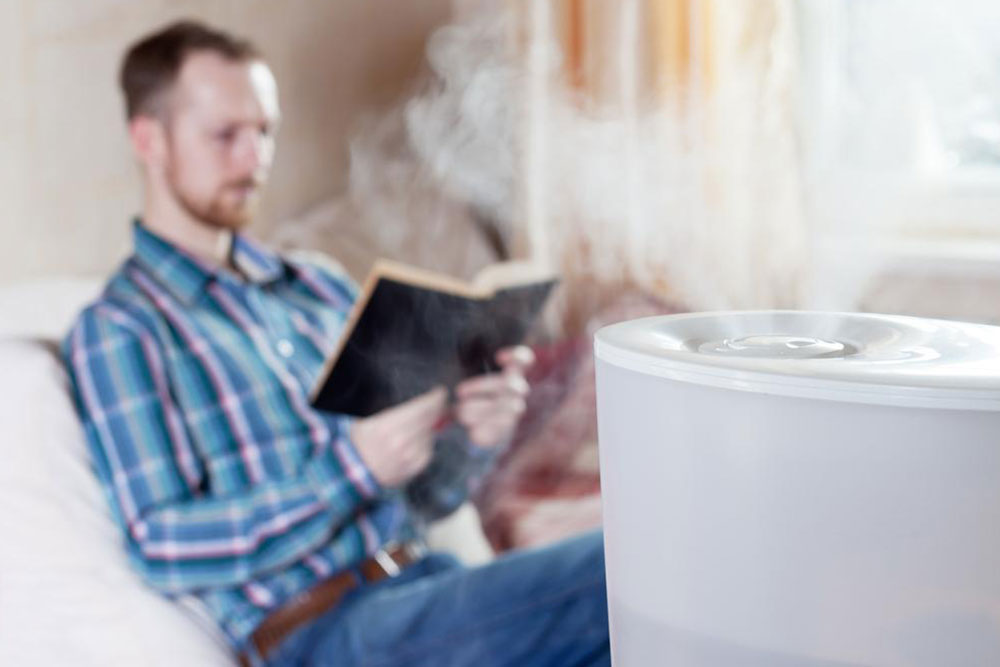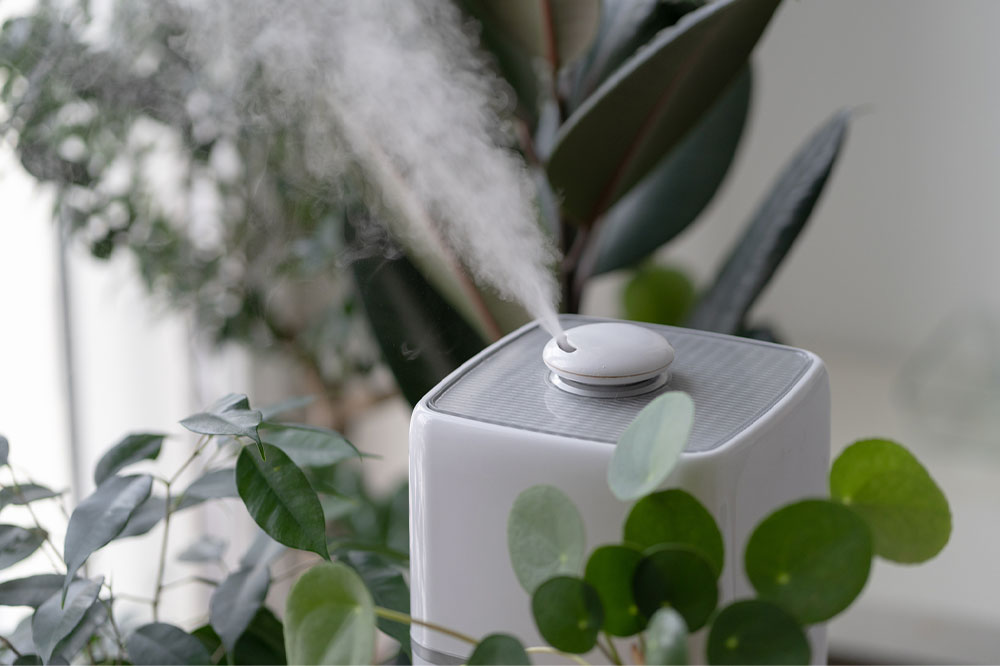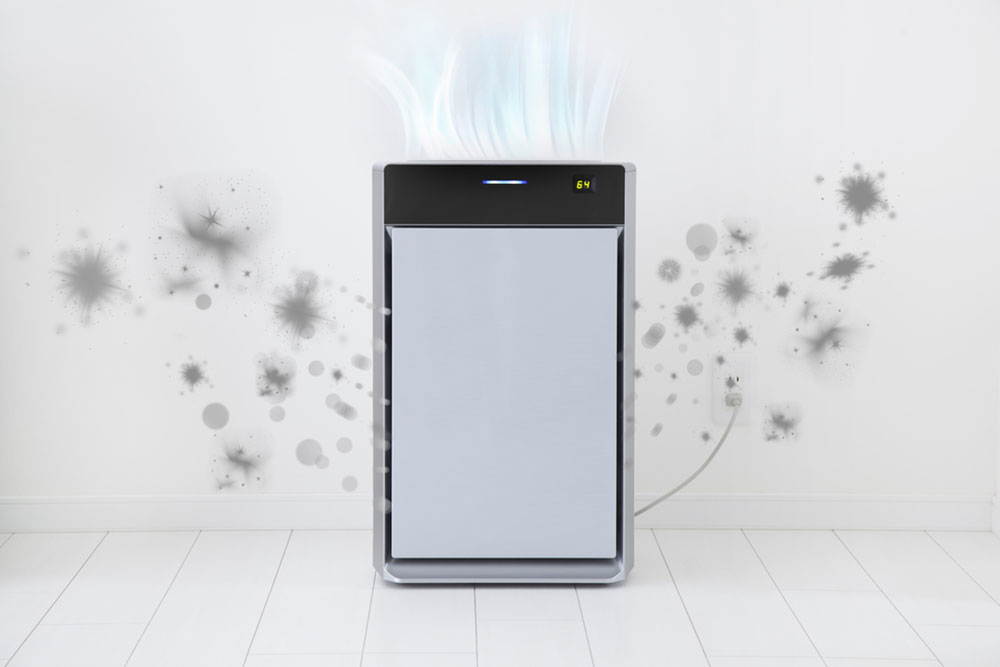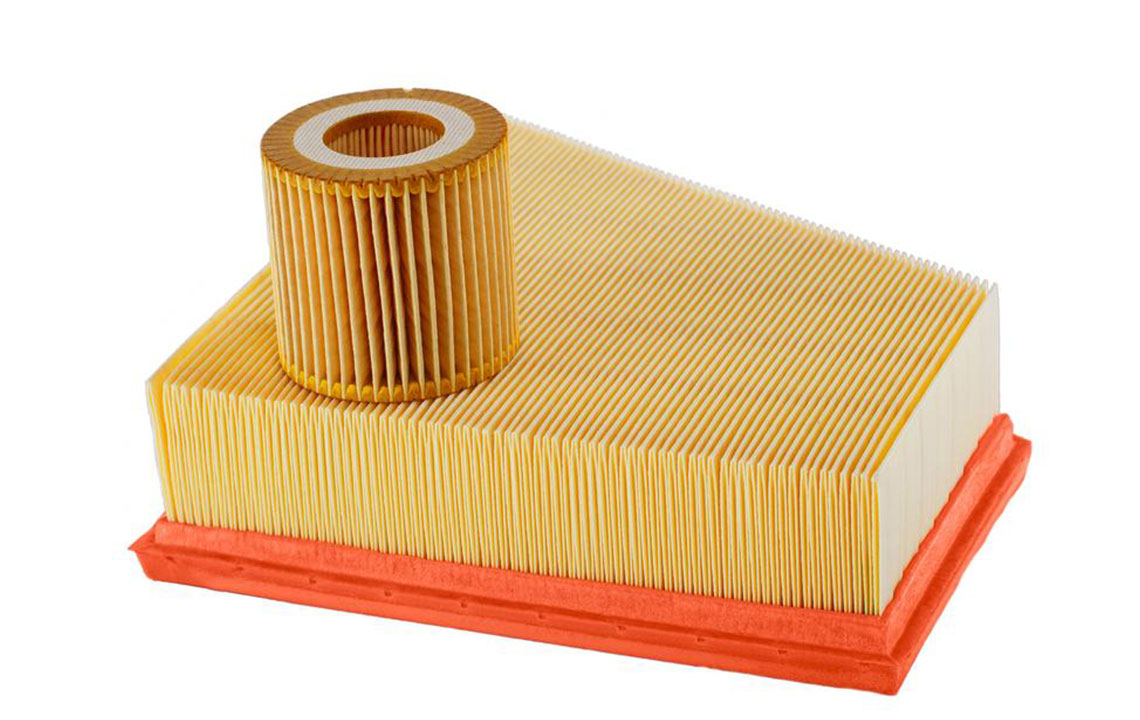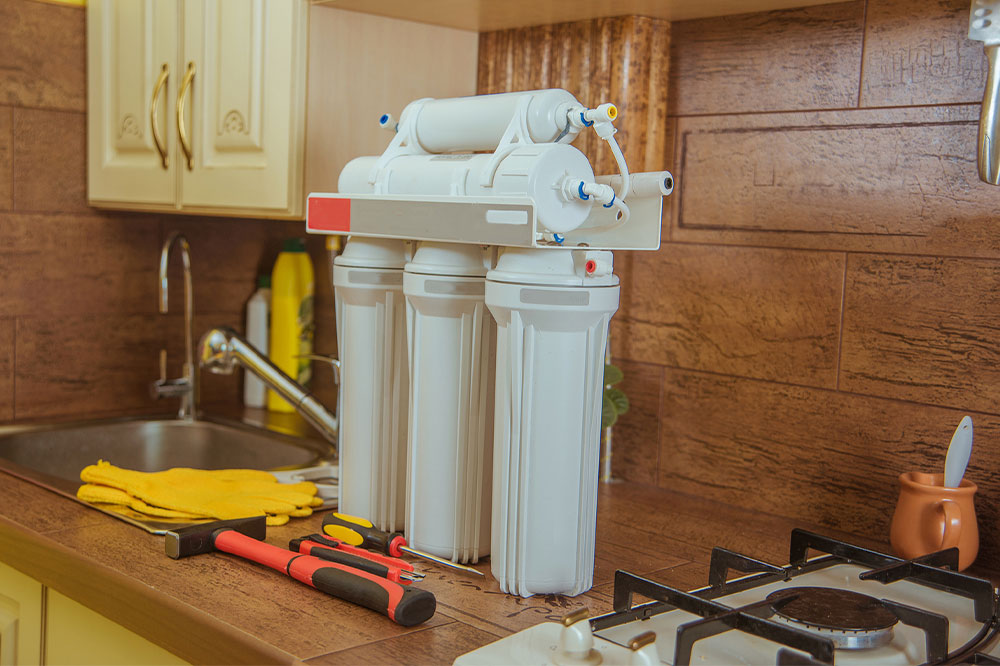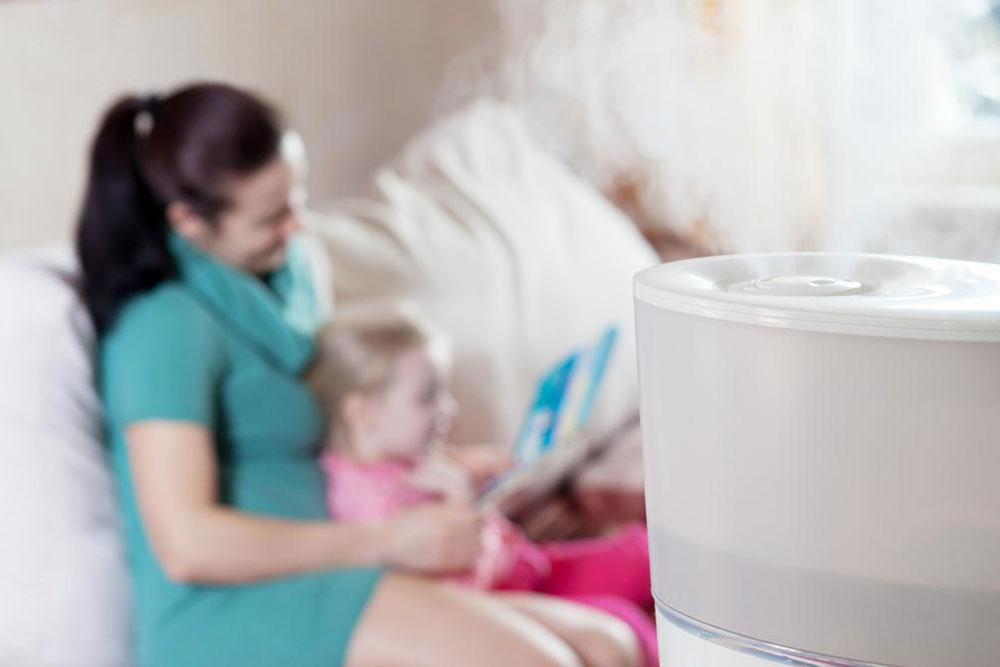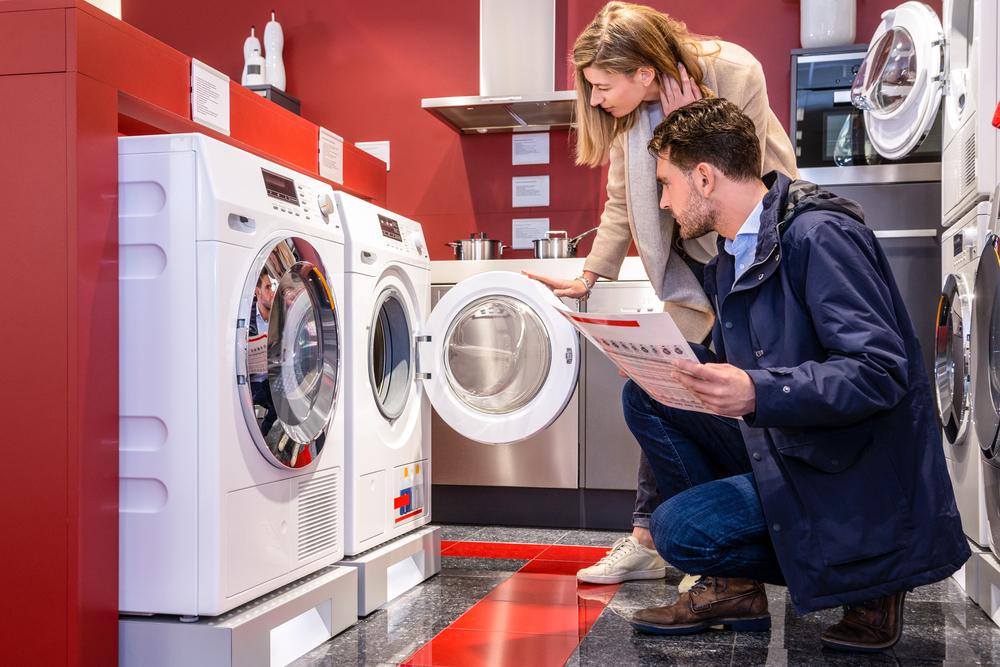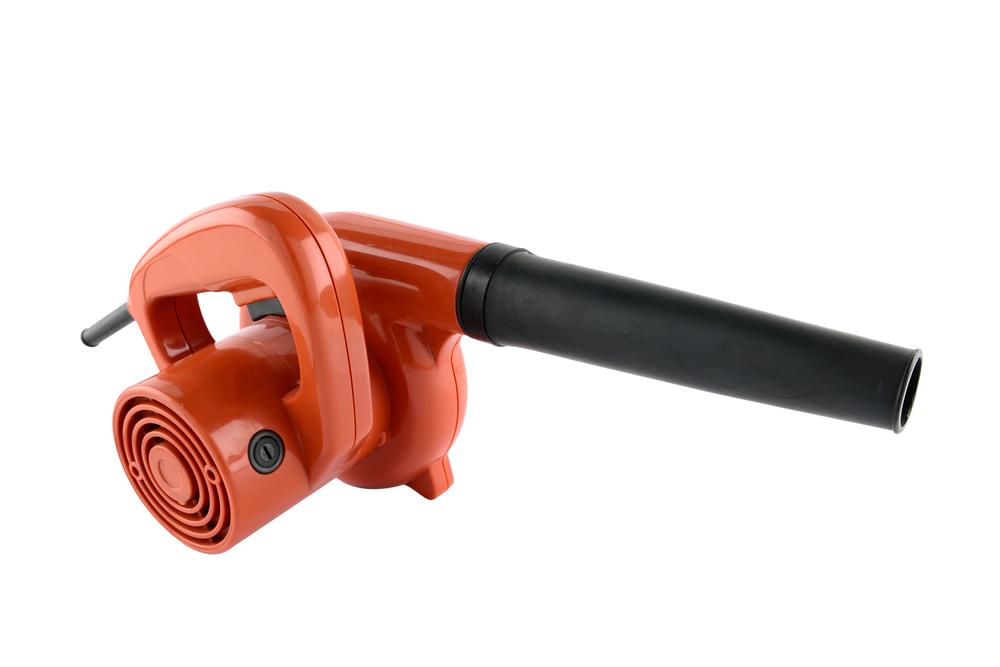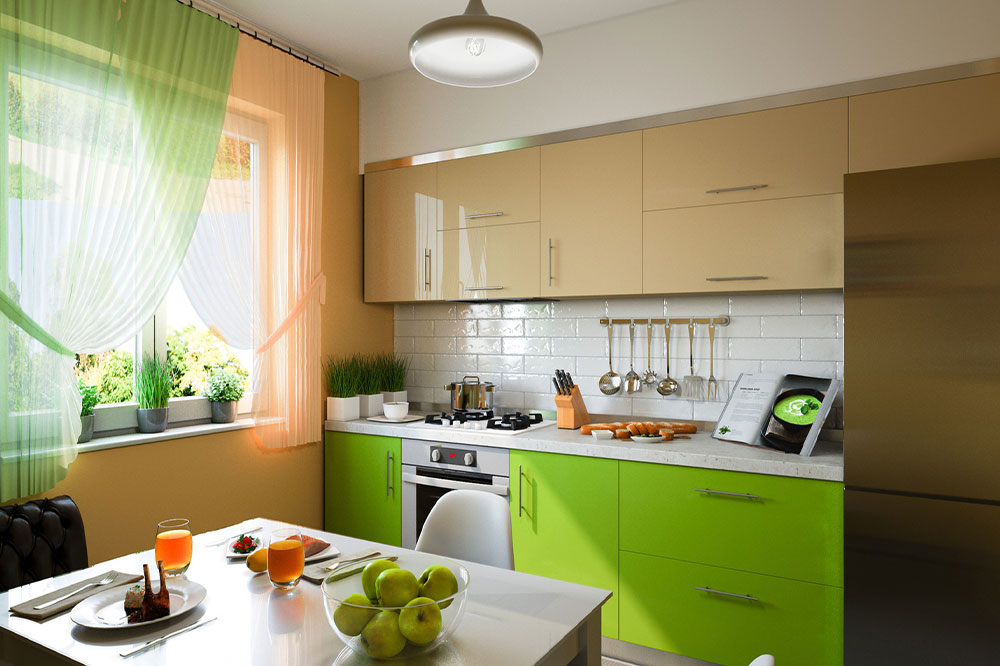Essential Questions to Consider When Selecting an Air Purifier
Choosing the right air purifier involves understanding key features, maintenance needs, and the best brands on the market. This guide explores essential questions to consider, tips for effective use, top brands, and useful features to enhance indoor air quality. Ideal for allergy sufferers, homeowners, or anyone concerned about air pollution, this overview helps make an informed decision for healthier living spaces.
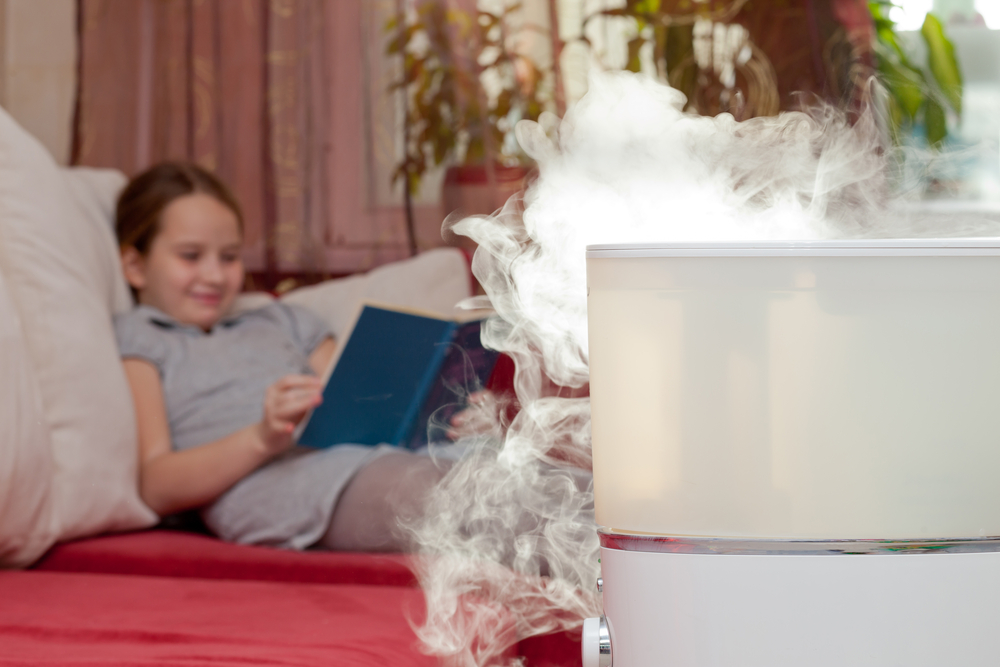
Questions to Consider Before Purchasing an Air Purifier
Key questions to ask before choosing an air purifier
With rising levels of air pollution in many states, indoor air quality has become a major concern. Air purifiers help improve indoor air by filtering out pollutants using various filter types. To find the best purifier for your home or space, consider these important questions and answers.
How can I maximize the efficiency of my air purifier?
To ensure optimal performance, consider the following tips:
Placement : Ensure the device has adequate space around it, ideally a few feet of clearance on all sides for proper airflow. Clear the area to prevent obstructions.
Airflow direction : Position the purifier so that the airflow benefits your main living areas, enhancing air filtering efficiency.
Keep it operating : Continuous operation is recommended, especially in households with smokers or individuals with allergies, asthma, or respiratory issues. Energy-efficient models allow for prolonged use without high electricity bills.
Regular filter maintenance: Follow manufacturer guidelines for filter replacement. HEPA and carbon filters typically need yearly replacement, while washable filters should be cleaned every 10 days.
Top-rated air purifier brands
Among the most popular options based on user reviews are:
Honeywell 50250-s: Highly regarded for its HEPA filtration, capable of capturing particles as small as 0.3 microns, including dust, pollen, pet dander, and smoke particles.
GermGuardian AC4100: A compact 3-in-1 system with HEPA and UVC light technology, which kills airborne germs and removes odors from tobacco or pets.
Holmes HEPA Desktop Purifiers: An affordable option that filters particles as small as 2 microns and includes an activated carbon filter for odor control, with Microban protection against mold and bacteria.
Advantages and disadvantages of air purifiers
Pros: Portable and lightweight, usually weighing between 10-20 pounds. HEPA filters effectively capture tiny particles, making them suitable for allergy and asthma sufferers.
Cons: Some models with electrostatic or ionizer technology may produce ozone, which can irritate the lungs. Maintenance involves regular filter cleaning or replacement, which can be time-consuming.
Key features to look for in an air purifier
Effective features include:
Fan: Essential for drawing in air for filtration. Some models operate more quietly by relying on natural airflow.
Programmable timer: Enables scheduling operation to save energy.
Fan speed adjustments: Allow control over noise level and filtration intensity, helpful for sleeping or high pollen seasons.
Dirt sensor: Detects dust levels and adjusts operation accordingly.
Washable pre-filter: Traps larger particles, reducing filter replacement costs and maintaining cleaner air flow.

